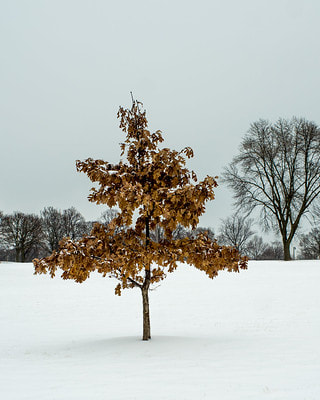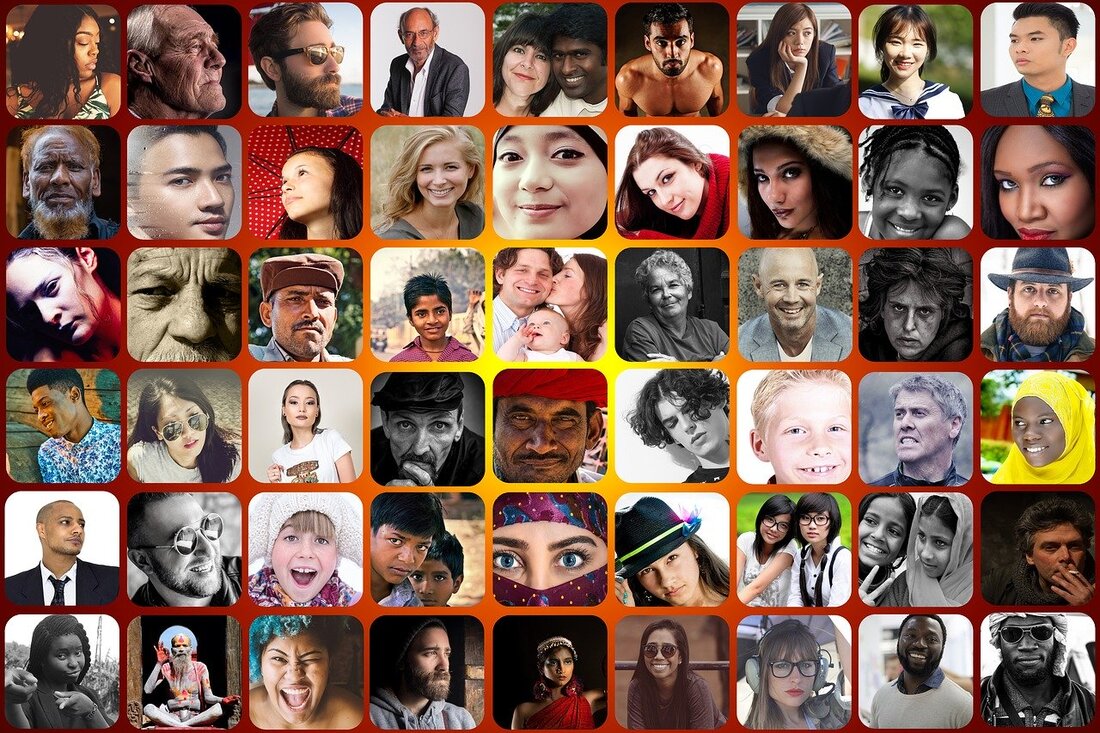I used to believe joy was an emotion that would wash over me in the same way that a rogue wave will wash over the rails of a sailboat in the middle of the lake on a blustery day. It can be fierce, unexpected, uncontrollable, and soak one to the core of your being.
I don’t believe that anymore about joy. I now believe that joy can be cultivated. I have come to understand that the amount of joy in my life is proportional to the amount of gratitude I express; to the amount of thanks I give. This does beg a question that has been swirling through my mind: can we find joy in the darkness we encounter. Whenever I find a theme running through the disparate readings that I do, I try to take some time to reflect on what it may mean; to see if the universe is telling me to pay attention. Finding joy in dark times is one of those themes I’ve been presented. Now, I’m not a person who believes that God places obstacles in our path to mold us. For example, I’m not talking about the Divine testing us to find joy in the diagnosis of Alzheimer’s disease in a loved one. At age 55, my father was diagnosed with early onset of Alzheimer and I can tell you that for the next ten years I couldn’t find any joy there. The overriding emotions I remember are ones of anger, sorrow, fear, and despair. During the time of my father’s illness, I tried to run away from it. I was living in a different part of the country and only saw my dad on my annual visits “back home.” My mother and sisters provided most of the care for him. And when it became too much, they sorrowfully placed him in a nursing home. I never visited him in the nursing home; understanding that he wouldn’t know me and that I would walk away angry and heartbroken. A couple of times – when talking about my dad - I would slip and say “he’s in a funeral home” when what I meant to say was that he was in a nursing home. My dad died more than 30 years ago. I wish I had leaned more into my sense of anger and despair over his illness instead of running away from it. I wish I had the introspection to understand that I was making my dad’s malady about how it affected me and how it robbed me of spending my adult years with the man I so dearly loved. I’m in a different place now. Thirty years later when my mother became senile in her late 90s, I could separate my sense of loss from who she became. It pained me to realize that she didn’t know who I was when I walked into her room – but I could still love her on her own terms. She may not have been able to recognize me, but she was certainly gracious and wanted to ensure that I was comfortable while “visiting” her. For her 100th birthday she celebrated each of the gifts she received, even though she didn’t recognize most of her loved ones who gave them to her. And when she got bored she would say “this is boring. Let’s sing” and she would lead us all into her favorite song: “You are my Sunshine”. My sister copied the lyrics of all my mom’s favorite songs so we would have a ready repertoire and be able to sing with her. We did this because we loved her. We did this because we were grateful for the love she showed throughout our lives. I found joy in my mother’s impatience and readiness to sing. I found joy in her graciousness and overriding sense of hospitality. Having abandoned my father in his illness, I learned that joy can be found by accepting the circumstances that are presented and in being grateful for what I have rather than angry over what I lost. And so today, I practice seeking joy by expressing my gratitude to the people and things I encounter daily. I am grateful for the sun on a cold winter day. I am grateful for the smell of the leaves when I rake them to the curb. I am grateful for my loved ones who remind me daily that life is about loving what is in front of you and not pining over what is missing.
5 Comments
David Brooks is a New York Times columnists who leans conservative, and whose insights into America are thoughtful and grounded in the sentiment that who we are as a country today is rooted in the sins and sanctity of our past.
I found one of his recent columns – What Makes Us All Radically Equal – to be an insightful look at what will sustain us as we tread down the road of racial reconciliation. In the article, Brooks recounts the saga of a white man who purchased an empty school in one of Detroit’s distressed neighborhoods with the intent of turning it into a vibrant community center. Because the white developer didn’t communicate early on with members of the community, the process became a bit of a meat grinder encounter for him. But, the developer was counselled to “just listen” to how the community was expressing a lifetime of betrayal and abuse and forcing him to feel the pain they feel every day. The project proceeded and today is a valuable asset to the neighborhood. On this encounter and the thousands like it across America today, Brooks reflects “You realize that coming together across race is not a neat two-step process: truth and reconciliation. It’s an emotionally complex, thousand-step process, with moments of miscommunication, resentment and embrace. This is the hard process of trying to see each other across centuries of wrong.” The article states that racial encounters have “always been like this” and recounts how Frederick Douglass displayed the same love and hate relationship in his everyday meetings. According to Brooks, what sustained Douglas and what will sustain those of us who want to work at the difficult task of racial reconciliation is a deep and abiding sense of equality and an underlying belief that we are all endowed with natural rights. The author states that “It is the belief that our souls make us all radically equal. Our brains and bodies are not equal, but our souls are. It is the belief that the person who is infuriating you most right now still has a soul and so is still, deep down, beautiful and redeemable. It is the belief that when all is said and done all souls have a common home together, a final resting place as pieces of a larger unity.” I was struck by how Brooks description of our soul and the ramification for community sounded as if they were written by one of my Quaker Friends. The idea that a conservative columnists can arrive at the same understanding as a liberal Quaker gave me great hope for the future of our country. In closing, Brooks wrote “When people hold fast to their awareness of souls, then they have a fixed center among the messiness of racial reconciliation and they give each other grace.” If we can learn to embrace the soul of each other, then we can create our own state of grace from which to heal our wounded world. |
AuthorMike Soika has been a community activist for more than 30 years working on issues of social and economic justice. His work for justice is anchored by his spiritual formation first as a Catholic and now as a Quaker. Pre 2018 Archives
|



 RSS Feed
RSS Feed
